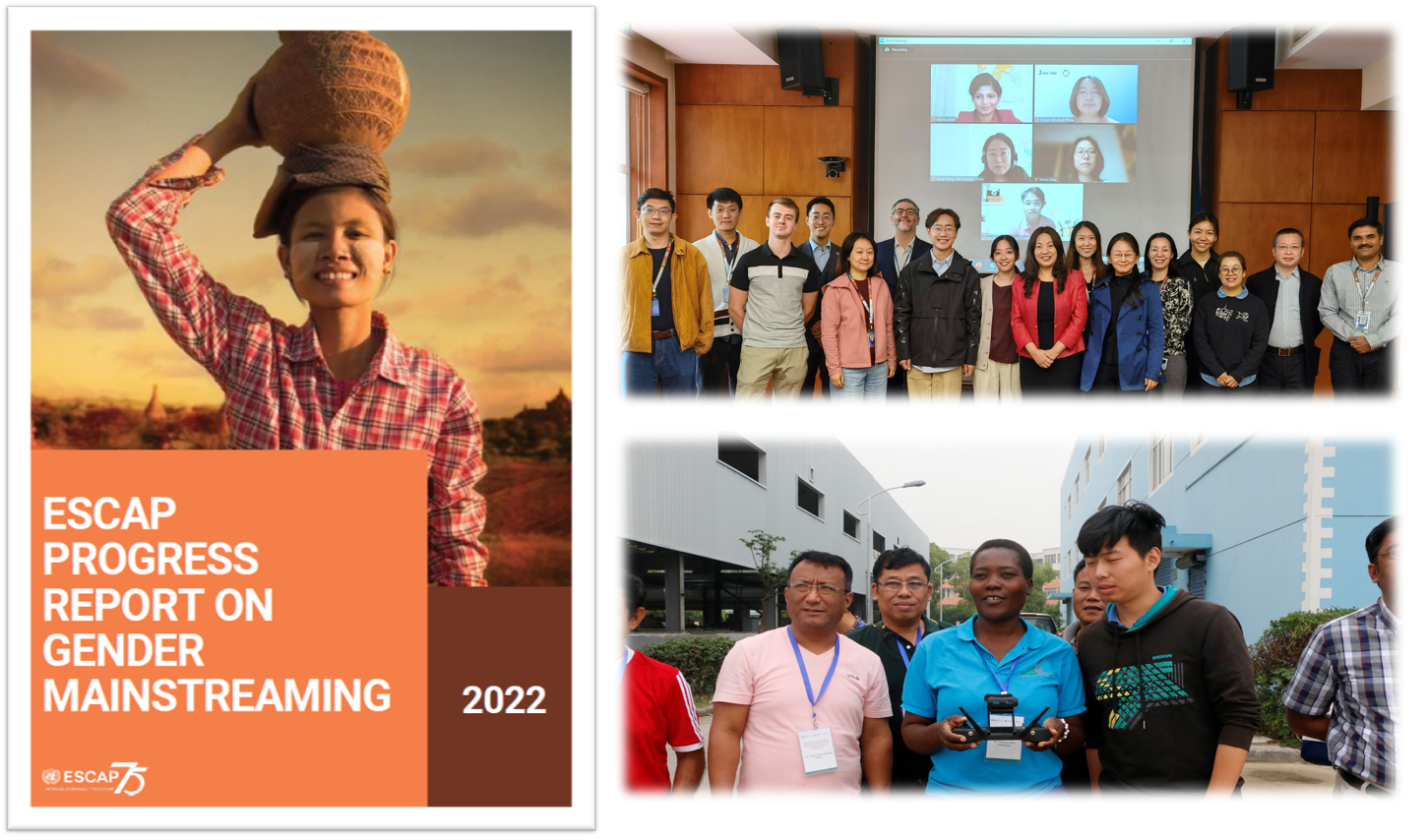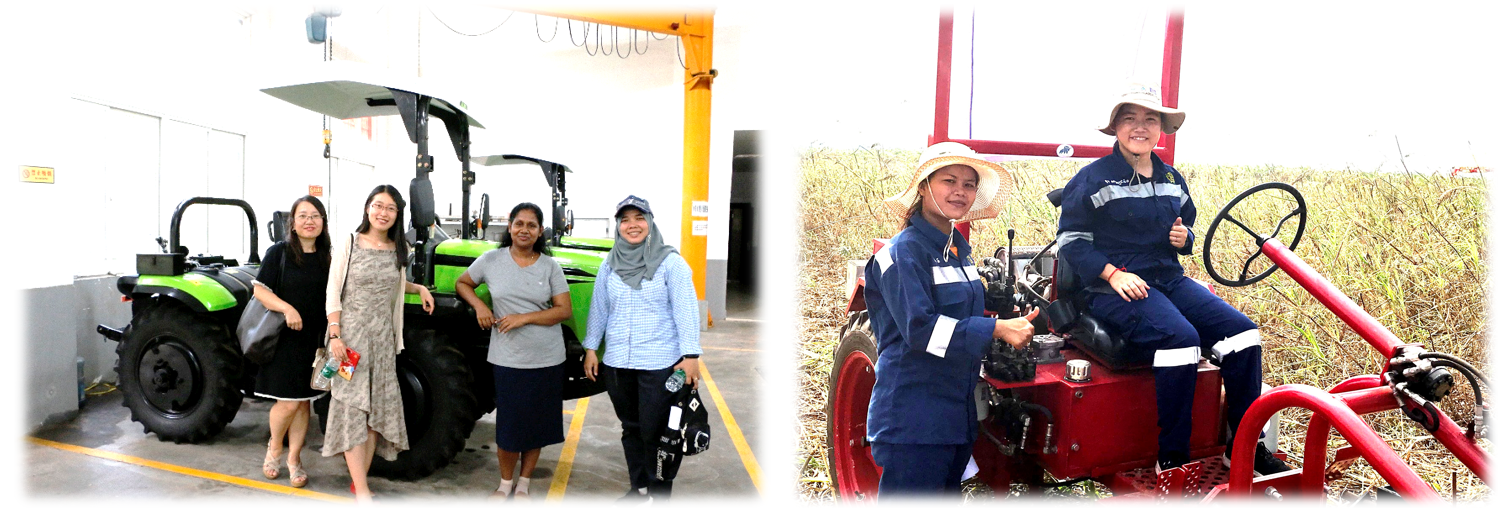CSAM renews its commitment to work for women’s empowerment as it receives recognition for gender mainstreaming work
 Women’s empowerment and economic participation are fundamental to achieving the Sustainable Development Goals. This is particularly clear in the agriculture sector, as evidence shows that promoting gender equality and women’s empowerment in food systems will not just lead to better food security and nutrition at the household level, but also result in resilient and sustainable food systems overall.
Women’s empowerment and economic participation are fundamental to achieving the Sustainable Development Goals. This is particularly clear in the agriculture sector, as evidence shows that promoting gender equality and women’s empowerment in food systems will not just lead to better food security and nutrition at the household level, but also result in resilient and sustainable food systems overall.
Inequity in women’s access to resources, which includes agricultural machinery and innovations, has resulted in a “gender yield gap” with women farmers achieving lower yields than male farmers. By integrating gender responsiveness in agriculture and food security programming, member States can ensure that both women and men farmers have better and equal access to productive resources which include agricultural technologies and mechanization. For this reason, it needs to be ensured that mechanization and innovation address gendered barriers in their design, dissemination, adoption, and scaling.

CSAM in 2022 has taken steps to embed gender mainstreaming efforts into the full sphere of its activities spanning from design, implementation, monitoring and evaluation, and developed a focused set of training tools for its staff, while undertaking an update of its overall strategy. The CSAM Governing Council was also invited in 2022 to discuss the need for gender mainstreaming in the region’s agricultural mechanization sector, and mandated CSAM to further support the contribution of women farmers to food production. In recognition of these efforts, CSAM was featured in the ESCAP Progress Report on Gender Mainstreaming 2022 as a “gender champion” for significantly coordinating and advocating for the substantive mainstreaming of gender perspectives within its thematic area of work.
CSAM is committed to further improving its staff understanding of gender issues and building internal capacity to translate this into enhancing the Centre’s programmes. While increasing female agricultural workers’ access to machinery is surely a more immediate focus for CSAM to contribute to women’s empowerment, a long-term commitment to educate and inspire a new generation of women to become agricultural engineers would widely benefit the sustainable agricultural mechanization sector, the livelihood of women farmers, and the food security of the region. CSAM has started to prepare itself to support this transformation.

